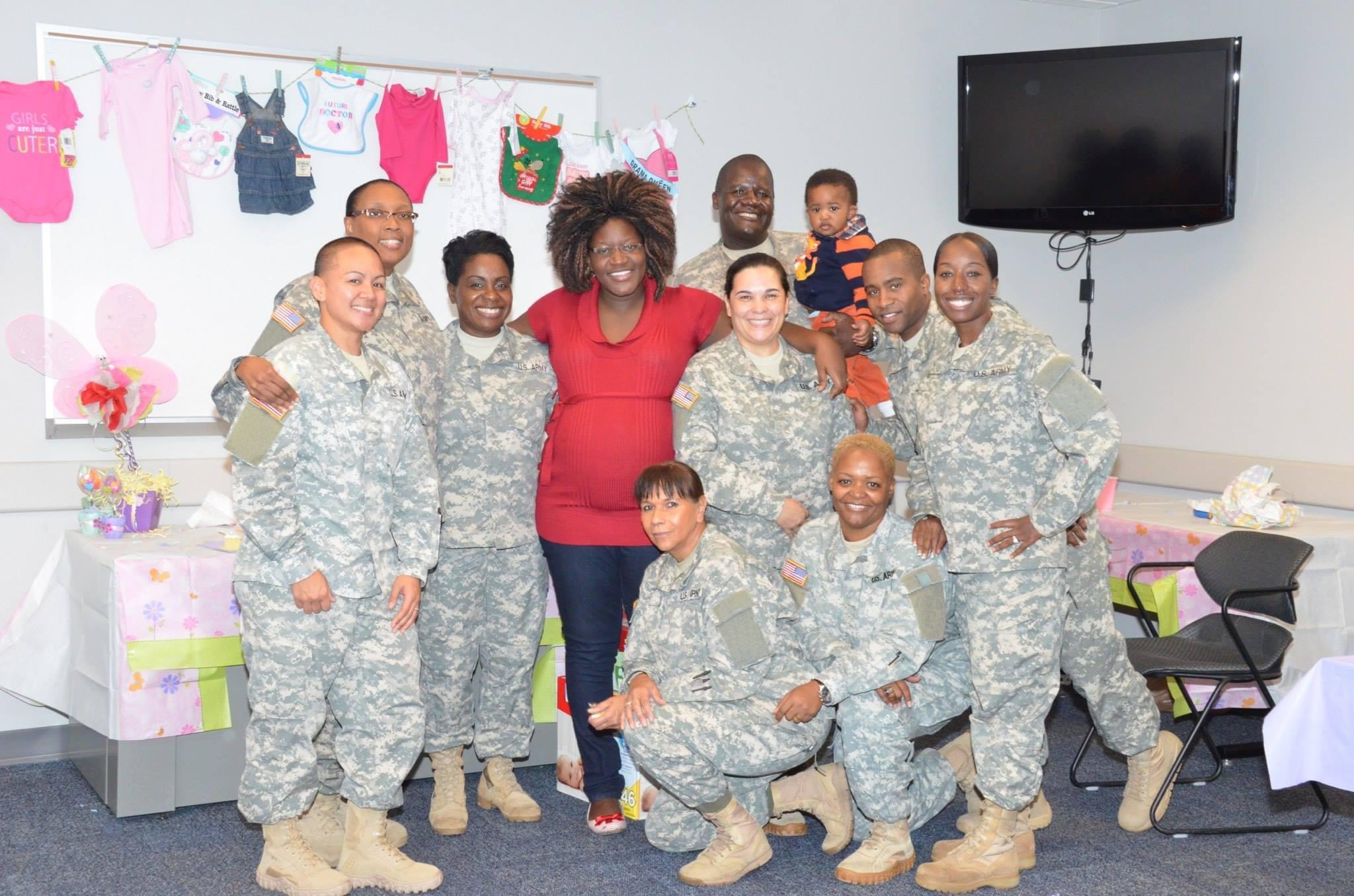Published: January 4, 2023

When Kenyan-born Lydiah Owiti arrived in the United States, she had 12 days to learn how to drive a car, find a grocery store, and discover American customs. After day 12, her husband returned to Kuwait.

Imagine arriving in a foreign country, armed only with passing information on what life is like for its inhabitants. Then, imagine having to navigate it as a new spouse, left alone and without support. That’s a reality Lydiah, the 2022-2023 JPMorgan Chase & Co. Financial Wellness DEPLOY Fellow, would like more people to understand.
Where Passion Originates
Lydiah relocated to the U.S. after marrying her husband, an active-duty Army soldier also originally from Kenya. She left behind her family, friends, career, and all things familiar. The move and everything that followed — unexpected pregnancy with months of bedrest, difficulty finding a job, trouble navigating her new community — helped Lydiah discover her new resolve.
“I am passionate about foreign-born military service members, foreign-born spouses, and their families,” she shares. “Having seen firsthand what my husband has been through as a foreign-born service member, coupled with the many unique challenges I have faced as a foreign-born spouse and those of our kids, together with what we still face currently, I want to use our experience to highlight and bring acute awareness to the issues that face this population.”
According to recent estimates, around 5% of active-duty service members are foreign-born, totaling roughly 45,000 immigrants. Likewise, 700,000 foreign-born Veterans, some of which are now citizens, currently live in the U.S.
With up to 5,000 legal, permanent residents enlisted each year, advocates like Lydiah are helping provide more representation and education to meet their needs.
“I would like to share our story widely as part of this [DEPLOY] fellowship, and be an ardent advocate for more inclusion and well-being of foreign-born military families with regards to finances, housing, support, child care, employment, education, belonging and overall acceptance as an integral part of the military community,” Lydiah adds.
Obstacles for Foreign-Born Military Families
Military service by foreign-born members isn’t a new concept in the U.S. The Revolutionary War saw fighters come from distant lands on both sides. However, in the 1950s, the U.S. started actively recruiting outside its borders. Furthermore, the opportunity for citizenship was added as additional incentive.
“Federal law allows foreign-born individuals who serve on active duty or in any Reserve Components (such as the Navy Reserves or Army National Guard) to naturalize and secure U.S. citizenship after completing one year of honorable service during peacetime, or immediately if serving during designated ‘periods of hostility,’ such as the War on Terrorism (which began on September 11th, 2001 and continues today).” - FWD.us
In recent years, there has been a significant drop in the number of naturalizations for foreign-born service members. New legislation enacted in 2017 increased wait times for naturalization and additional background checks. While overruled three years later, the verdict by the federal court system came too late for many service members. Perceived barriers, deportation, and a disconnected promise reduced the number of those able to complete the process.
“Military service for someone foreign-born is, to me, the ultimate sacrifice one could make,” Lydiah explains. “The least the country can give in return is to make it worth it.”
That is precisely why she intends to use her platform: to better support families like hers. “By telling my story and taking an active role in identifying solutions to issues affecting those within my community who feel left out and unseen, I believe others will be inspired to do the same,” Lydiah expresses. “I would like to see more people like me venture into places they think are not meant for them, take on tasks that may not benefit them directly, but others, and be champions for causes way bigger than themselves. I ask myself, ‘If not me, who, and if not now, when?’”
Lydiah hosts a bi-monthly “Money Mondays” segment at 2 PM ET. With the support of guest subject matter experts, she brings pertinent information to service members and families across the nation. Tune in on LinkedIn, Facebook, or YouTube.
Posted In: DEPLOY Fellow
